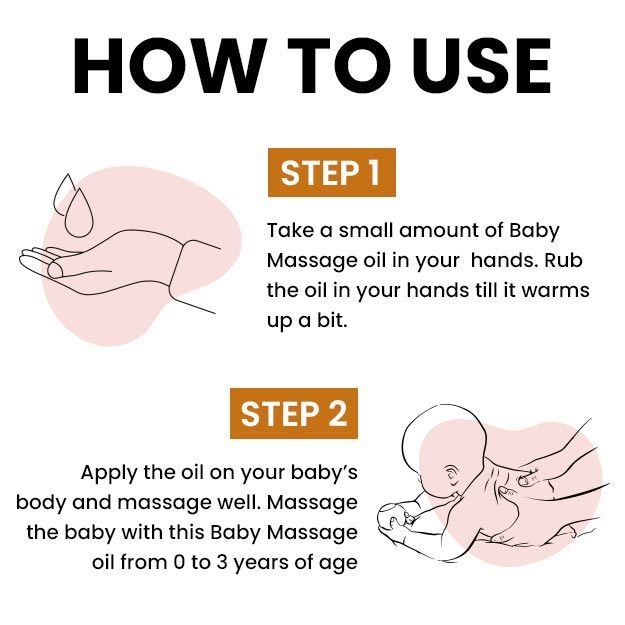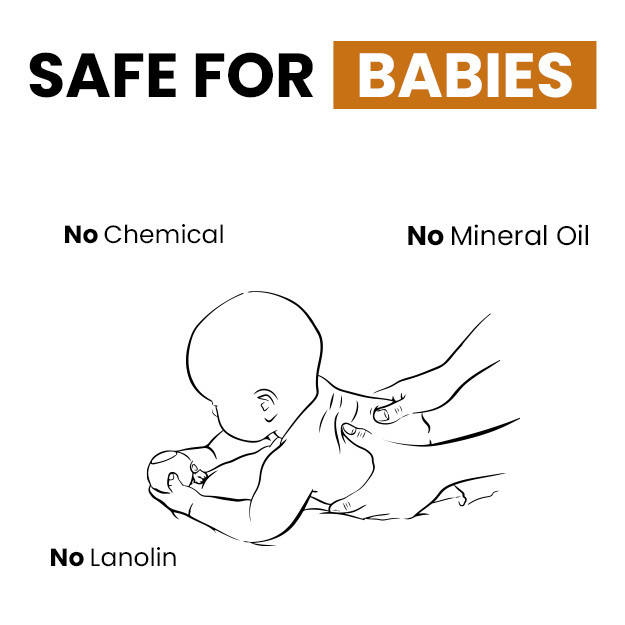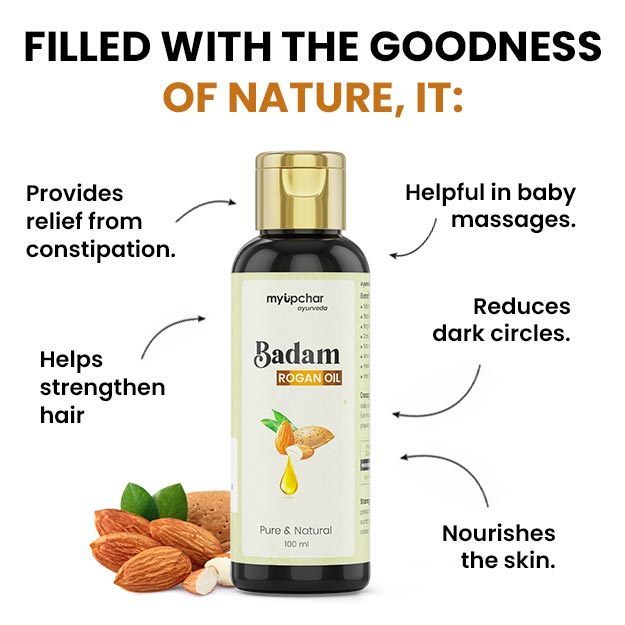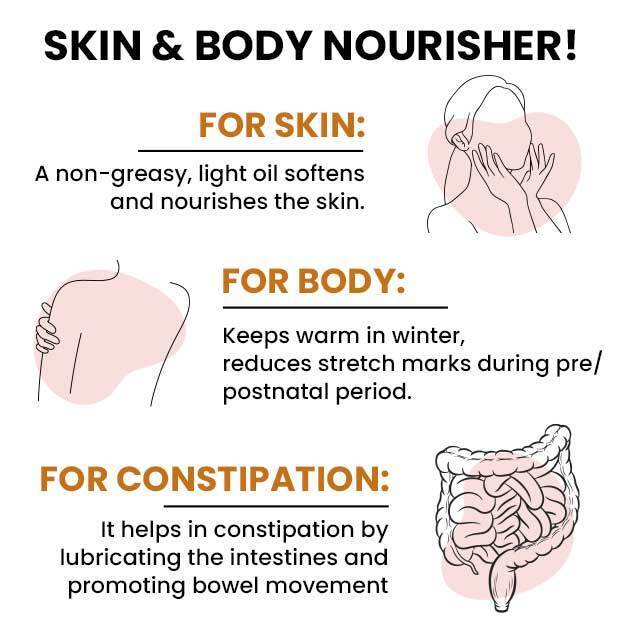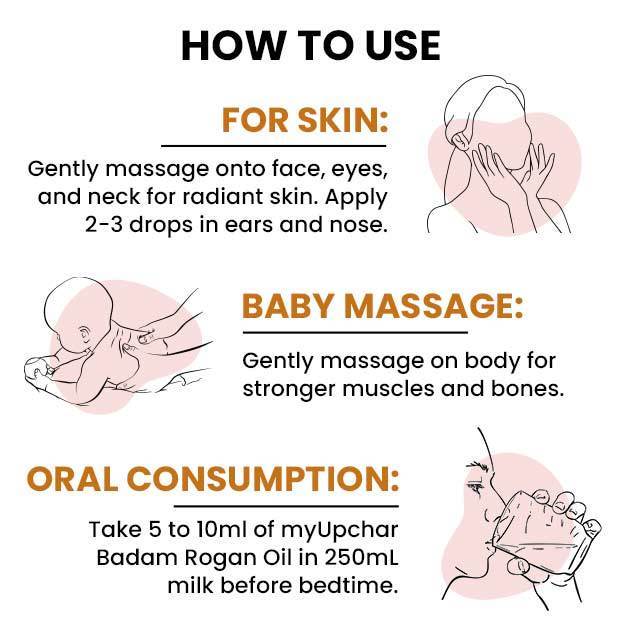Watching your little bundle of joy grow up into a healthy child is a great source of pleasure for every new parent. But there are some childhood habits which you can find bewildering, and you might wonder if these habits will do lasting damage to your child’s health. Thumb sucking is one such habit, and most parents have to deal with a child who sucks his or her thumb incessantly or frequently.
According to the American Academy of Pediatrics, thumb or finger sucking is a non-nutritive form of sucking - as opposed to sucking during breastfeeding or bottle-feeding, which provides the baby with nutrition. This is a natural process and starts while the baby is still in the womb, around the 29th week of pregnancy. It usually shows up in a prenatal ultrasound as well. After the baby is delivered, you might observe them sucking their thumb while sleeping during early infancy.
This nighttime thumb sucking is natural, especially during the first three months of life. It makes the baby feel secure and helps them calm down naturally - just like sucking during feedings does. However, thumb-sucking becomes a problem when it converts into a daytime habit. This usually happens by the time the baby is 12 months old and can continue up to 3 or 4 years of age.
According to a study published in the International Journal of Clinical Pediatric Dentistry in 2015, thumb-sucking habits in children naturally decrease as they grow up, and most kids spontaneously give up the habit by the time they are 3-4 years old. If thumb sucking continues beyond this point then it can lead to permanent damage to the skin and structure of the thumb, damage the child’s teeth and palate, and cause infections due to germ transference. This is the stage when active intervention is required to break this habit before it causes too much damage.









